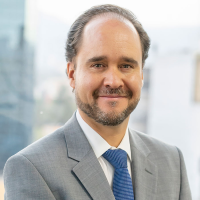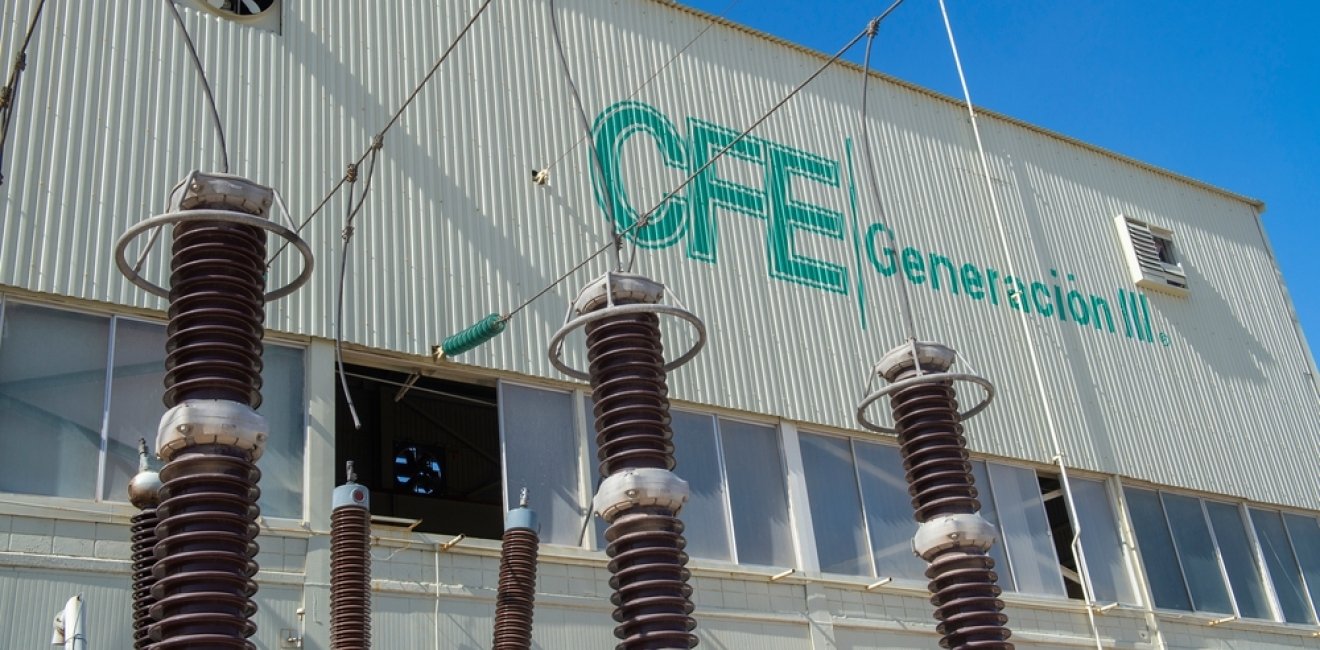Mexico's current administration, in its final stretch, will leave behind a legacy of a highly controversial and ideological energy policy that in practice halted the progress of the ambitious 2013 energy reform.
Now, the country is gearing up for its largest-ever elections in 2024, and Claudia Sheinbaum, the candidate currently leading the polls, has declared her intention to continue the main policies of the AMLO administration, including a vision of the energy sector premised on the notion that the current government did not achieve all its energy policy objectives due to an “inherited” legal framework—the energy reform of 2013—that hindered the advancement of energy sovereignty goals. Recently the president has proposed a constitutional reform that dismantles, in part, the legal framework of 2013, to which Sheinbaum has expressed absolute support.
In this context, a review of Claudia Sheinbaum's academic and policy background on energy issues can help us understand the possible future scenarios that could be at play in the energy sector if she wins the presidency in June 2024. While these ideas may not necessarily materialize into public policy, they provide a scenario of how her perception of the sector has been shaped.
What would be similar to and different from the current administration?
From her writings and discourses, it is clear that Sheinbaum shares with AMLO the idea of having strong state-productive companies to promote energy supply security; that a national energy policy should encourage a low rate of energy imports, particularly emphasizing the dependence on foreign natural gas and fuel imports; and that private participation in the energy sector should be allowed but in second-order behind the state's role.
On hydrocarbons, Sheinbaum has criticized in the past multiple-service contracts in Pemex, the “obsession” with deep-water exploration at the expense of exploration and production in shallow waters, and the need to involve foreign companies in these activities. When it comes to electricity, Sheinbaum publicly backed AMLO's electricity reform initiative, particularly the idea of CFE becoming the main electricity generator in Mexico.
So where are the differences? Do they exist?
One area where Sheinbaum seems to differentiate from AMLO's views have to do with climate change and renewables. There, she has been a longtime advocate of the need for a broader diversification of Mexico´s energy matrix, with a specific focus on increasing the share of renewable energy sources, as well as a deeper commitment to the country's climate change goals where she has expressed the need for the country to be more ambitious. For example, during her tenure as Head of Mexico City, several of her government projects had a personal imprint toward these goals, although she never suggested in any way discomfort with AMLO's pro-hydrocarbon policies.
Hence, if one would want to foresee how a Sheinbaum energy policy would look if she becomes the next president of Mexico, the conclusion would have to be overall continuity with ideology continuing to shape many policy decisions, with some minor changes.
However, despite any preconceived ideas about the energy sector that either Sheinbaum or Xóchitl Gálvez could have about it, the inherited challenges that the next administration will face are far more complex than the one AMLO inherited in 2018. In a nutshell, Mexico faces increasing energy demand due to pent-up demand and nearshoring, coupled with insufficient investment in energy infrastructure, mainly for electricity transmission. There is also a significant dependence on US natural gas, oil production that has fallen instead of increasing as the administration promised, a deteriorating financial situation in Pemex and, widespread business distrust primarily caused by abrupt legislative and regulatory changes that halted investments and the function of market mechanisms, such as the oil rounds and electricity auctions.
Therefore, in the end, no matter the ideological views any of the candidates have about energy, reality will play a critical force in shaping the route Mexico will follow in its always highly politicized energy sector.
Authors



Mexico Institute
The Mexico Institute seeks to improve understanding, communication, and cooperation between Mexico and the United States by promoting original research, encouraging public discussion, and proposing policy options for enhancing the bilateral relationship. A binational Advisory Board, chaired by Luis Téllez and Earl Anthony Wayne, oversees the work of the Mexico Institute. Read more

Explore More
Browse Insights & Analysis
Greenland’s New Governing Coalition Signals Consensus

The Future of France's Far-Right Party

Ukrainian Issue in Polish Elections



